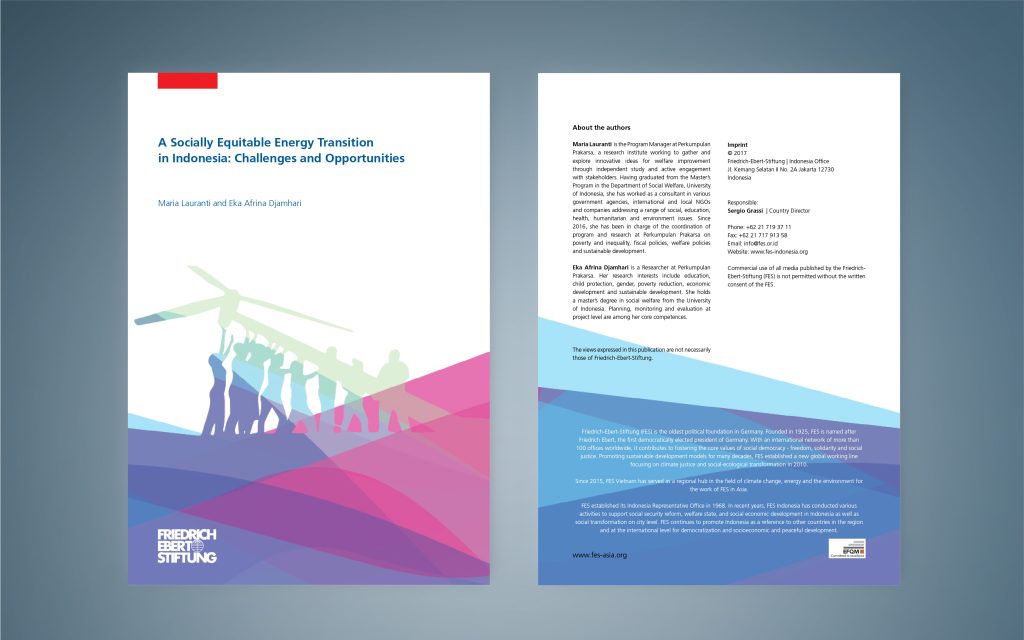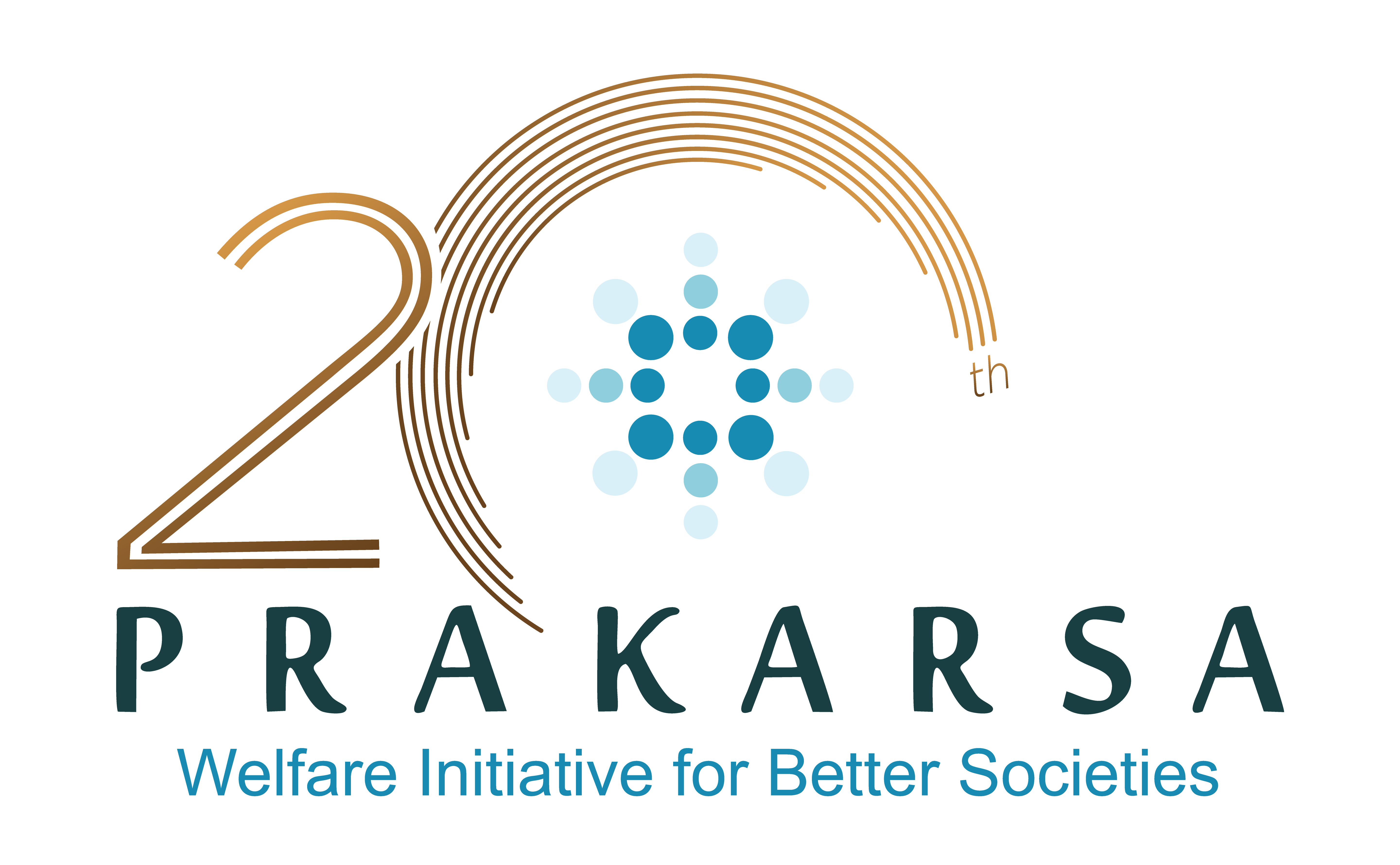
Indonesia has begun to face problems with reserves of fossil fuel resources. From time to time domestic oil and gas production continues to decline, making the government encourage renewable energy policies as a top priority. Even though Indonesia has abundant potential renewable energy resources, in fact the development of achieving renewable energy resources to total energy is still minimal. Efforts to accelerate the transition from energy that is still dependent on fossil resources to renewable energy are not enough, but also need to ensure social justice.
The issue of climate change has become a serious concern not only because of the increase in greenhouse gas emissions, but also the various impacts that are increasingly worrisome. Starting from extreme weather to an increase in the formulation of sea water. In fact, climate change has also hampered poverty alleviation efforts.
This book presents studies that observe how the transition of energy towards greater use of renewable energy can be socially and politically accepted in Indonesia and provide recommendations to the government to progressively pursue energy transformation. A study that provides insight into the status of climate change and energy policies, their socio-economic implications, and the actors involved in policy development and implementation. The presence of this book is expected to contribute information and ideas that can help policy makers, academics, and civil society to work together towards low-carbon development in Indonesia.

